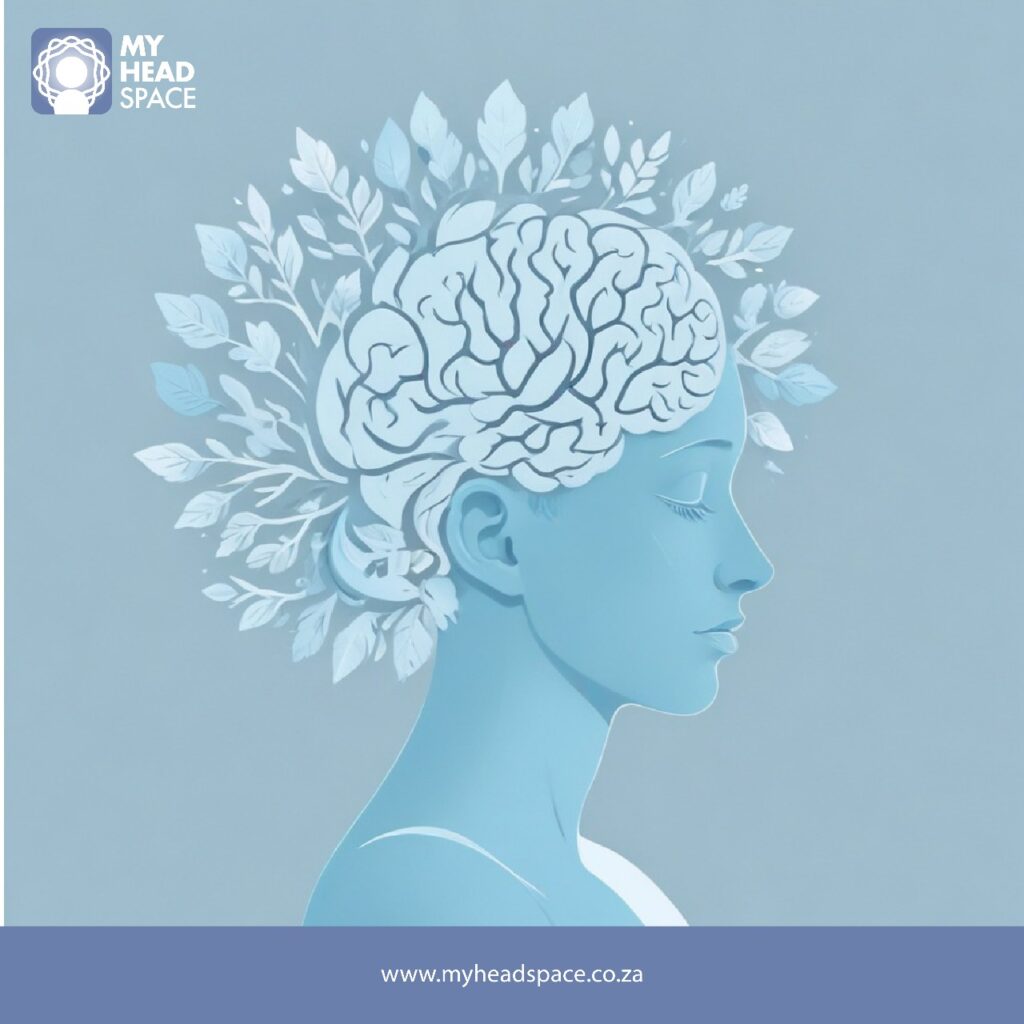
Why Professional Therapy Matters
Why Professional Therapy Matters
Professional therapy matters because it offers you a structured environment to explore your thoughts and feelings. It helps you gain insights into your behaviors while equipping you with effective coping strategies for life’s challenges. Therapy fosters personal growth, resilience, and emotional intelligence, empowering you to face the future with confidence. It’s a journey of self-discovery and healing that can lead to a more balanced life. There’s much more to uncover about how it can transform your well-being.
Understanding the Role of Professional Therapy
When you think about professional therapy, it’s easy to see it as just talking to someone about your problems. However, therapy goes deeper than casual conversation. It’s a structured process that helps you explore your thoughts, feelings, and behaviors in a safe environment. A trained therapist offers guidance, support, and tools to help you navigate your challenges. They create a space for self-reflection, allowing you to gain insights into your patterns and emotions. You’ll also learn coping strategies and problem-solving techniques tailored to your unique situation. Ultimately, professional therapy empowers you to understand yourself better, fostering personal growth and resilience. It’s not just talk; it’s a collaborative journey toward a healthier mindset and improved well-being.
Benefits of Therapy for Mental Health
Therapy offers a range of benefits for your mental health, considerably enhancing your overall well-being. It provides a safe space for you to express your thoughts and feelings without judgment. This process helps you gain insights into your emotions and behaviors, making it easier to identify patterns that may be holding you back. Additionally, therapy equips you with coping strategies to manage stress, anxiety, or depression effectively. You’ll also build resilience, enabling you to face future challenges with confidence. By fostering a better understanding of yourself, therapy can improve your relationships and communication skills. Ultimately, investing in your mental health through therapy can lead to a more fulfilling and balanced life, empowering you to thrive in various aspects of your daily routine.
Overcoming Stigma Surrounding Therapy
Despite the numerous benefits therapy offers for mental health, many still face stigma when considering it. You might worry about what others will think or feel embarrassed to admit you need help. It’s essential to recognize that seeking therapy is a sign of strength, not weakness. You’re taking an important step towards understanding yourself better and improving your well-being. Start by educating yourself about therapy and its positive impacts; this knowledge can empower you to challenge misconceptions. Surround yourself with supportive friends or family who value mental health. Remember, countless people seek therapy, and it’s becoming increasingly accepted. By breaking the silence and sharing your experiences, you can help normalize therapy for others, making it easier for everyone to seek the support they deserve.
How Therapy Promotes Personal Growth
While you might initially view therapy as a way to address immediate challenges, it also serves as a powerful catalyst for personal growth. Through guided conversations, you uncover insights about yourself, your beliefs, and your behaviors. This process helps you identify patterns that may be holding you back, empowering you to make conscious choices. Therapy encourages self-reflection, allowing you to confront fears and insecurities, which paves the way for increased resilience and confidence. As you explore new perspectives, you’ll discover strengths you didn’t know you had. Ultimately, therapy isn’t just about solving problems; it’s about becoming the best version of yourself, fostering emotional intelligence, and enhancing your ability to navigate life’s complexities with grace and clarity.
Finding the Right Therapist for You
Choosing the right therapist can greatly enhance your journey toward personal growth. Start by identifying what you want to achieve in therapy—whether it’s coping with anxiety, improving relationships, or processing trauma. Look for therapists who specialize in those areas. Check their credentials, experience, and approach to guarantee they align with your needs.
Don’t hesitate to schedule initial consultations; this gives you a feel for their style and whether you’ll connect. Trust your instincts—if something doesn’t feel right, it’s okay to seek someone else. Remember, therapy is a personal experience, and finding a therapist with whom you feel safe and understood is vital. Prioritize your comfort, and you’ll be more likely to thrive in your therapeutic journey.
Frequently Asked Questions
How Much Does Professional Therapy Typically Cost?
Professional therapy typically costs between $50 to $250 per session, depending on factors like location and therapist experience. Many insurance plans cover part of the expense, so check your benefits to reduce out-of-pocket costs.
How Long Does a Therapy Session Usually Last?
A therapy session usually lasts about 50 minutes to an hour. You’ll find this timeframe allows enough space to explore your thoughts and feelings while also giving you time to process what’s discussed.
Can Therapy Be Conducted Online or Remotely?
Yes, therapy can definitely be conducted online or remotely. Many therapists offer virtual sessions through video calls, making it convenient for you to access support from the comfort of your own space whenever you need it.
What Should I Expect During My First Therapy Session?
During your first therapy session, you’ll discuss your reasons for seeking help, complete some paperwork, and set goals. Expect an open, supportive environment where you can share your thoughts and feelings freely.
How Do I Know if Therapy Is Working for Me?
You’ll know therapy’s working for you when you notice positive changes in your thoughts, emotions, or behaviors. Pay attention to how you feel after sessions and whether you’re achieving your personal goals.
In summary, professional therapy plays an essential role in enhancing your mental health and personal growth. By overcoming stigma and embracing the journey, you open yourself up to invaluable insights and support. Finding the right therapist can make all the difference in this transformative experience. Remember, seeking help isn’t a sign of weakness; it’s a brave step toward a healthier, happier you. So, take that step and explore the benefits therapy has to offer!
